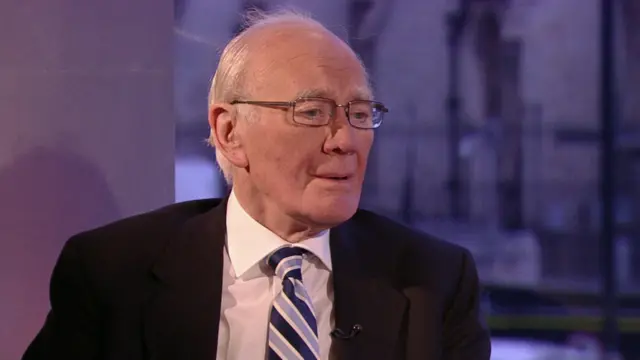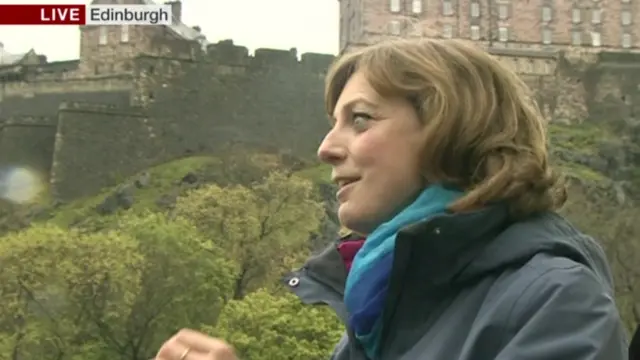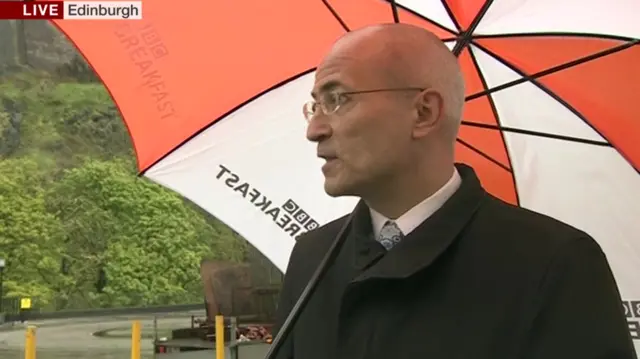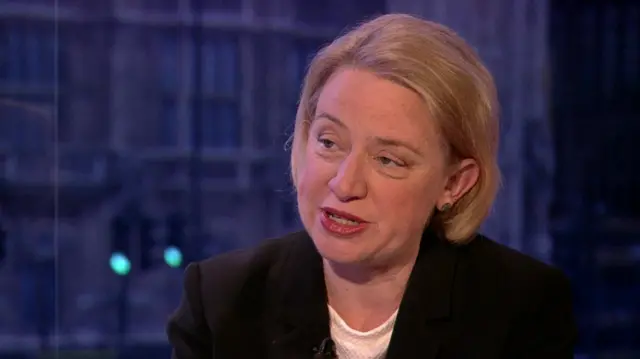Johnson: Old rows over Blair/Brown still hauntpublished at 09:14
 BBC Radio 4 Today
BBC Radio 4 Today
Just replacing one leader with another without proper analysis isn’t going to get Labour very far, Mr Johnson says. He adds it is possible that Labour is still fighting over the old Blairite/Brownite battle lines.
"You would think that Tony Blair lost us three elections not won us three elections," he says.That’s a fundamental flaw.
"David Cameron had to prove that we would fail in government. If we’re helping him by suggesting that we failed in our 13 years in government, then that’s not going to do us any good," Mr Johnson says.





